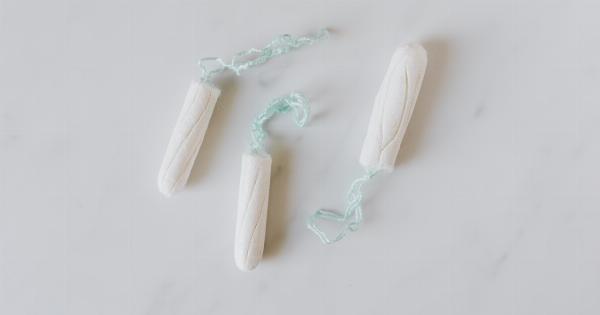Keeping your home clean is important for your health, but did you know that some household cleaning products could be harming your lung function? Research has shown that exposure to certain chemicals found in household cleaning products can cause respiratory problems, particularly in those with existing lung conditions such as asthma or chronic obstructive pulmonary disease (COPD).
Common Household Cleaning Products
There are many cleaning products that we use in our homes every day that can be harmful to our lungs. Some of the most common household cleaning products include:.
- All-purpose cleaners
- Bleach
- Carpet cleaners
- Glass cleaners
- Furniture polish
- Detergents
Chemicals in Cleaning Products
Cleaning products contain a variety of chemicals that can be harmful to our health, including:.
- Ammonia
- Bleach
- Phthalates
- Triclosan
- Sodium Hydroxide
- Perchloroethylene
- Formaldehyde
- Quaternary Ammonium Compounds
These chemicals can cause respiratory problems, including asthma, bronchitis, and COPD. They can also cause eye irritation, skin irritation, headaches, and dizziness.
How to Protect Your Lung Function
There are several things you can do to protect your lung function while cleaning your home:.
- Read the labels on cleaning products and avoid products that contain harmful chemicals
- Use natural, non-toxic cleaning products, such as vinegar and baking soda
- Wear gloves and a mask when cleaning to avoid exposure to chemicals
- Open windows and doors to ventilate the area when cleaning with chemicals
- Wash your hands thoroughly after cleaning
- Store cleaning products in a well-ventilated area away from food and children
The Link Between Household Cleaning and Lung Function
Research has shown that exposure to cleaning products can cause respiratory problems.
A study conducted by the European Community Respiratory Health Survey found that women who used cleaning products regularly had a decline in lung function equivalent to smoking 20 cigarettes a day for 10 to 20 years. Similarly, a study conducted by the University of Bergen in Norway found that workers in the cleaning industry had an increased risk of developing asthma and other respiratory problems.
The Bottom Line
While keeping your home clean is important for your health, it’s also important to be aware of the chemicals in the products you’re using and take steps to protect your lung function.
Using natural, non-toxic cleaning products and taking proper precautions when using cleaning products can help reduce your risk of developing respiratory problems.






























